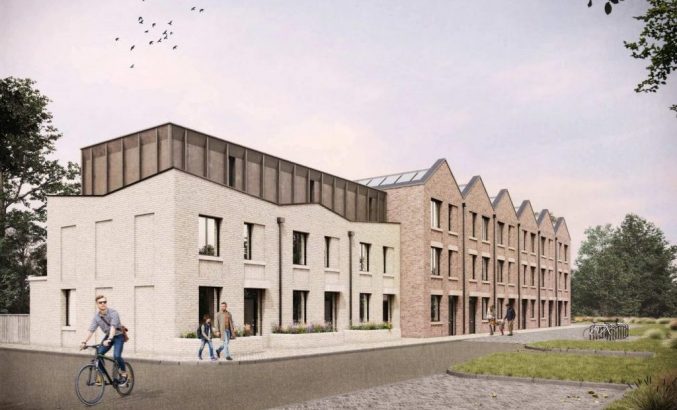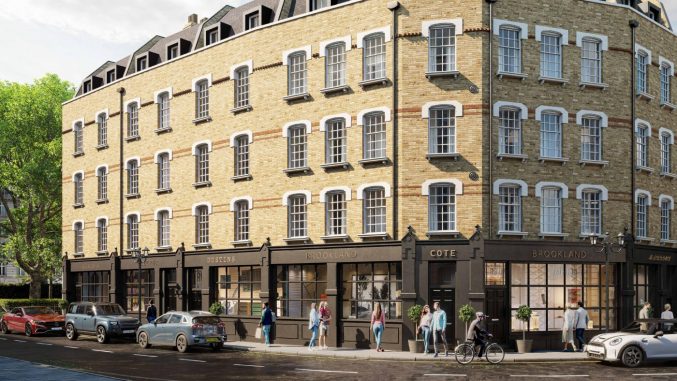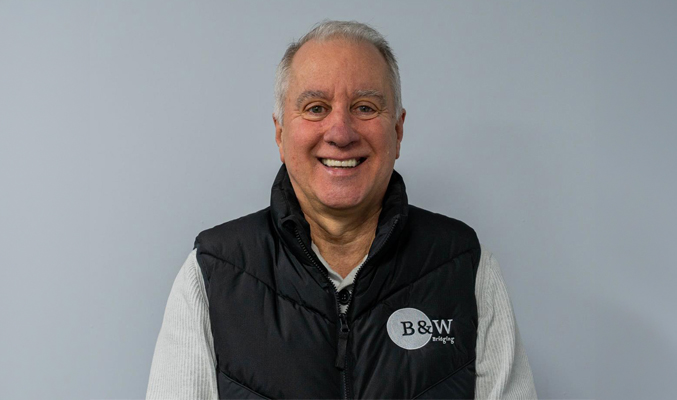House prices catch a January chill
By David Craik

The housing market boom may be running out of steam after prices dropped last month.
According to the latest Halifax House Price Index the average UK house price dropped 0.3% in January compared with last December. That is the biggest monthly fall since last April when they fell 0.6%.
It means the average house price in the UK sits at £251,968, its lowest level since last October.
Although house prices rose 1.6% over the quarter between November and January compared with the previous three months and were 5.4% higher than in January last year, Halifax said there were enough early signs that the market – buoyed by the stamp duty holiday – was starting to cool.
“Industry figures for agreed sales remain well above pre-pandemic levels but new instructions to sell have decreased noticeably,” said Russell Galley, managing director, Halifax.
“Total stock held by estate agents has risen to its highest level since before the EU referendum in 2016. The stamp duty holiday has undoubtedly helped to fuel growing demand amongst households for larger properties.
However, given the current time to completion across the market, transactions in the early part of 2021 probably don’t include borrowers who expect to benefit from the stamp duty reprieve.”
He added that with swathes of the economy still shuttered in the latest national lockdown, and unemployment continuing to rise “on the surface this points to slower market activity and downward price pressures in the near-term”.
Gareth Lewis, commercial director of property lender MT Finance, said it was natural to see property prices softening.
“Since the back end of the first lockdown there has been a flurry of demand for people to transact and take advantage of the stamp duty holiday, and that couldn’t continue indefinitely.
A £13,000 increase in the average house price over the year is phenomenal given what we have gone through and are still going through,” he said.
‘’At some point, prices need to stabilise. This happened in January, following a Christmas break where we forgot about life and work to an extent, before moving into yet another lockdown, which has had an impact on people’s outlook and mentality.
Activity levels are definitely quieter. Is there now a natural desire to hold back and wait until when we come out of lockdown? Nobody knows when schools and pubs will re-open. Life is on hold and is resulting in an inertia until there is more clarity.”
Despite this Galley believes encouraging signs remain in the housing market.
He said structural demands, such as people looking for houses with greater space and any future Government policies could yet sustain market activity for some time to come.
Guy Harrington, CEO of residential lender Glenhawk, also remains positive.
“The juggernaut that was the 2020 housing market is slowing down. However, the extent to which the gains of last year are reversed remains to be seen, and we have seen the market defy economic headwinds plenty of times before,” he said.
“Whilst the end of the stamp duty holiday will undoubtedly hit transaction volumes, a combination of better than expected data from the Bank of England, the government’s Herculean effort to roll out the vaccine and an appetite for more rural living may well underpin robust values throughout 2021.”
Anna Clare Harper, chief executive of asset manager SPI Capital, added:
‘House price growth may have slowed to 5.4% in the year to January 2021, but it is still a significant rate of growth, in particular compared to many other more volatile or low return assets.
Looking to the future, assuming the temporary stamp duty reduction ends, we’re likely to see a slowdown in house price rises.
Challenging economic conditions make potential home buyers less willing and able to buy.
The good news for the property market is that throughout market cycles and changes, house prices in the UK have historically remained stable.
Typically, house prices will rise more slowly rather than falling, in the majority of locations, since we all need a roof over our heads and supply of new homes is limited.’

David Craik is a freelance journalist writing news, feature articles, blogs and guides for national newspapers and magazines. His main areas of interest include finance, property and investments.










You must be logged in to post a comment.